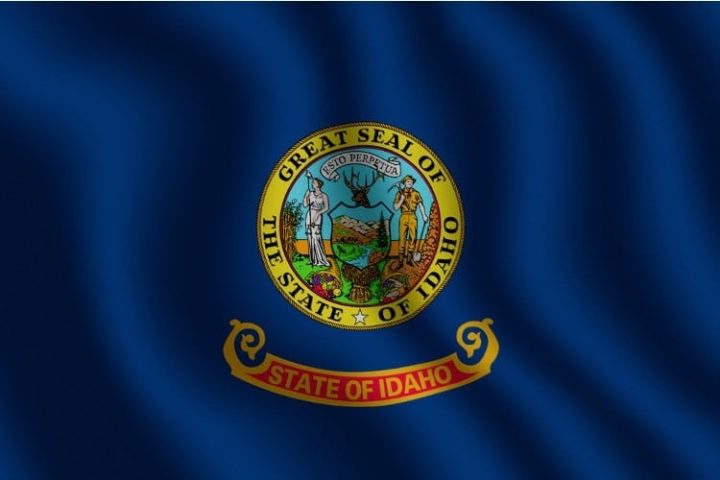
The idea that portions of Oregon could secede and become part of Idaho was again on the ballot in the Beaver State on Tuesday. The results were mixed for the Greater Idaho movement, as Klamath County voted in favor of studying a possible move to Idaho, while voters in Douglas and Josephine Counties rejected the idea.
In Klamath County, 56 percent of voters were in favor of studying a plan to join to Idaho, while approximately 44 percent opposed the idea. Douglas and Josephine Counties voted to not consider a move (57-43 percent in Douglas and 55-45 percent in Josephine). It is the second time that Douglas County has voted down the measure.
All three counties are in the southwest corner of the state and feature a largely rural population.
The Greater Idaho movement posits that Oregon’s more rural eastern counties are closer in values to more conservative Idaho, and that the state government in Oregon largely ignores the needs and wishes of areas of the state outside the western population centers such as Portland.
“When I was in the Legislature, I was always jumping up and down about the urban/rural divide,” said Josephine County commissioner and former Oregon Senate minority leader Herman Baertschiger, Jr. last year. “It’s two very different lifestyles, two different ways of life.”
“The people in those rural areas have had it. They want to leave,” Baertschiger added.
Greater Idaho claims that it is different from other secession movements.
“This proposal is different from creating a new state because it does not affect the balance of power in the US Senate. This means that it’s more likely to be approved by the Oregon Legislature,” the Greater Idaho website states. “Our proposal is a win-win for the interests of each state legislature, and for the counties that get to switch states.”
Mike McCarter, an Oregon resident who is pushing the movement, calls the proposed border change “a peaceful revolution.” McCarter believes that the interests of eastern Oregon are not represented by the state government.
“Seventy-eight percent of the people are in the urban area, more or less in the Willamette Valley in Portland. They control the Legislature completely. They have a supermajority. That’s why they don’t care to listen to those representatives from central or eastern Oregon. They’re dealing with issues around urban folks, and their social agenda is to be a sanctuary state to allow the homeless people to come in, to reduce the laws on drugs, to remove or lessen the budget for police officers,” McCarter said.
Nine rural Oregon counties — Union, Baker, Grant, Harney, Lake, Malhour, Sherman, Jefferson, and Klamath — have now voted in favor of joining Idaho. Two more counties — Wallowa County, which has already rejected the measure once, and Morrow County — will vote on the measure this November.
As for Idaho, polls in the state show that voters are generally in favor of annexing disenchanted Oregon counties, with an October 2021 Trafalgar poll showing 50.6 percent of likely voters were in favor of redrawing the borders, while only 35.3 percent were dead-set against it.
The Greater Idaho movement also has its sights on portions of Northern California and Washington State, whose residents are dissatisfied with the left-wing slant of their state governments. It’s a long-shot possibility, as not only would both states need to agree on the new border, but the U.S. Congress would also need to be on board.
People in America are, generally, quite attached to their states. When no less than nine counties, representing close to half of Oregon’s overall area, vote to consider leaving that state, it signals a large divide between their state government and the wishes of a large part of their population. Even when these measures fail, as they did in Douglas and Josephine counties, it shows that a large swath of the rural population of Oregon is very unhappy with the direction that population centers such as Portland are taking the state.
The Founders of the United States fought a war that was partially about taxation without representation. Voters in counties that want to leave Oregon for the more friendly confines of Idaho have similar concerns.




